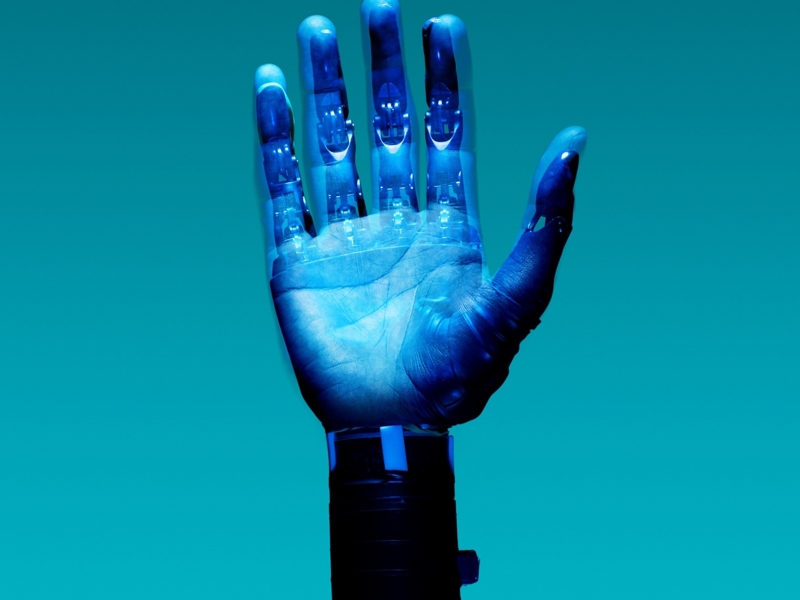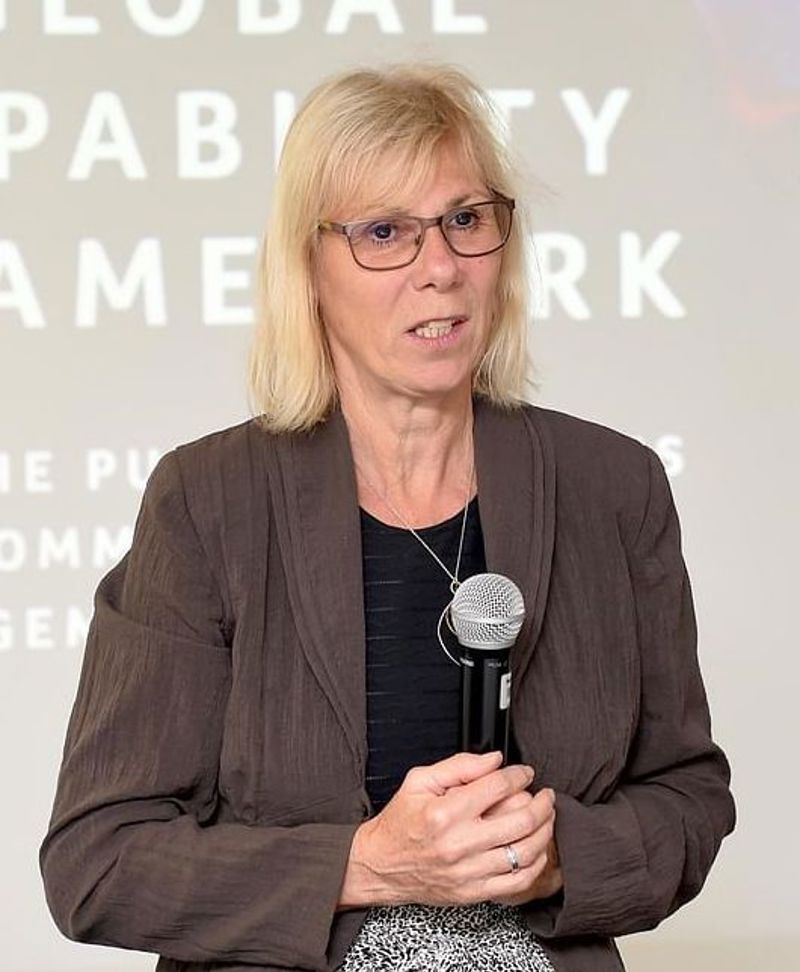Blog
Humans needed, more than ever
24 October 2023
By Professor Emeritus Anne Gregory, Echo Advisory Board.
In the Chartered Institute of Public Relations’ (CIPR) latest report on Artificial Intelligence (AI), Humans needed, more than ever, the main conclusion is that most public relations jobs are being assisted by AI, but they are not being replaced – yet.
Partnering with Purposeful Relations who co-ordinated the Global CommTech Report and undertaking additional qualitative research, the CIPR found that up to 40% of 21 common tasks performed by public relations professionals are being supported by AI tools. But the degree to which they are being assisted by AI varies enormously. Data analytics and social media management tasks use AI applications substantially - 54% on average, while managing partnerships has just 13% assistance.
Interestingly, although 56% of professionals regard themselves as extremely competent, or competent in using communication technology, it is clear from the findings that adoption of AI tools is low, although momentum is gathering.
However, public relations is more than just a series of tasks. To get an overview of how AI has penetrated all areas of PR work, the CIPR mapped the use of AI tools against the Global Capability Framework which is the acknowledged benchmark for scoping the public relations profession. This showed that the most complex professional areas of work such as providing counsel and being a trusted adviser, taking on leadership responsibilities, ensuring the highest standards of professional competence and ethics, were least assisted by AI. Indeed, only 39% of CommTech respondents thought they had a solid understanding of AI ethics and challenges around the responsible adoption of AI, the lack of legal clarity and the absence of regulation were cited as barriers to adoption.
Focussing on ethics, there are three main areas of concern. First the inputs to AI systems. There are questions about how AI systems collect the vast data repositories on which they apply their ‘algorithmic magic’. Often these harvest large amounts of personal data and patterns of behaviour, from the web, or from proprietary owned data-bases. This raises issues of privacy, the partial collection of data and about copyright ownership of images and text. There are also concerns about how the algorithms in AI systems are programmed and whether they are explainable and to what extent their owners accountable and liable.
Second, there are concerns about the outputs of AI. Their use may discriminate against certain groups, particularly if the data they use is biased or incomplete. Longer-term impacts of AI systems can include risks to employment, particularly for PR practitioners who are focussed on repetitive or relatively straight-forward tasks such as channel optimisation, story pitching and evaluation. Given the level of personalisation and categorisation possible, there is also a danger that AI constantly re-enforces the ‘bubbles’ that individuals inhabit.
Thirdly, a number of general ethical issues are amplified by AI. The opportunity to spread mis and dis information at scale, the challenges that arise when text, images and speech can be cloned to such accuracy that reality and the artificial are blurred, and the power of those with the resources to collect data and use AI have to manipulate and control whole groups. Trust is crucial for society to operate.
A conversation about how AI systems are governed is urgently needed and public relations professionals are uniquely placed to start it. They are the ones to ask difficult questions on behalf of stakeholders, because it is those very stakeholders who will hold their departments and organisations to account.
So here is a prediction: over the next few years, if the profession is to thrive, PR will hand over the ‘sending out stuff’ to AI and move into governance. And why not? We have always claimed to be ethical guardians and to keep organisations safe. Now it’s time to step up to that hot plate.
Human Needed, More than Ever, written by Professor Emeritus Anne Gregory, Jean Valin and Dr Swati Virmani

